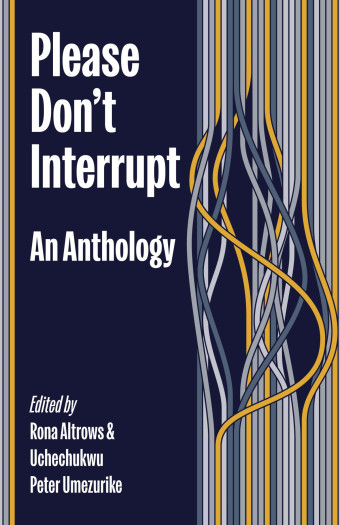“As a novelist, my focus is to create remarkable fictional characters,” says Calgary author Jaspreet Singh. “In Face [: A Novel of the Anthropocene], I was interested in the voice of a concerned science journalist.” Part mystery and part ghost story, his third novel is a thought-provoking tale about science, duplicity, climate research, and narrative.

- Face
- Jaspreet Singh
- Touchwood Editions
- $22.00 Paperback, 256 pages
- ISBN: 978-19-27366-97-4
Singh is a former research scientist who has published six books. His writing has been translated into several languages and has received international attention. His 2021 memoir in essays, My Mother, My Translator, takes up the manuscript his mother began, and explores the family’s migration story from India to Canada as well as the long-term impact of historic events on them.
Set in Calgary and India, Singh’s new novel involves two women in their 30s who meet in a creative fiction writing course. Though Lila once studied geology at university in India, she now writes award-winning articles for an Alberta science journal and is developing a crime novella. Lucia is also working on a crime story based on real events but hasn’t yet committed pen to paper. Lila and Lucia bond, and often meet for coffee to discuss their literary projects.
The plot thickens when Lucia’s husband, a climate researcher named Amitabh Ghosh, meets Lila, and she recognizes him as Vikram Jit, the inspiration behind her crime story. Not only did he and Lila attend the same university years ago in India, but he and Lila’s best friend Gauri were lovers before she unexpectedly died. The police considered Gauri’s passing accidental, and Vikram Jit was soon after assumed to have committed suicide. Yet now Vikram Jit appears to have reinvented himself and does not admit to ever knowing Lila.

Singh was inspired to write Face after visiting some climate labs in Germany. He shadowed a glaciologist who gave him a tour of the ice-core archive. He was allowed to touch an ice core and its traces of a volcanic eruption several thousand years ago.
He also shadowed a deep-sea scientist who showed him a sediment-core archive and encouraged him to touch one of those cores. It had shown traces of the mass extinction 66 million years ago that wiped out 75 per cent of plant and animal species. Singh says, “The contact with deep time was something of a turning point, the beginning of Face.”
The novel’s first-person narrative is written in succinct, lucid prose from Lila’s point of view. Singh says, “Perhaps she is a stand-in for a lot of people who believe in critical thinking and want to engage in the discourse and overwhelming emotions connected to climate change.”
As for the word Anthropocene in the subtitle, Singh asserts that Face is the first of his books in which he properly acknowledges that we all live in the present geological epoch known as the Anthropocene.
“My characters – aware of the new condition – are haunted not just by the past, but also by the future,” he says. “While they do the detective work and engage with memory, history, and speculative solutions, they also try to convey that sense of awe and wonder.”













